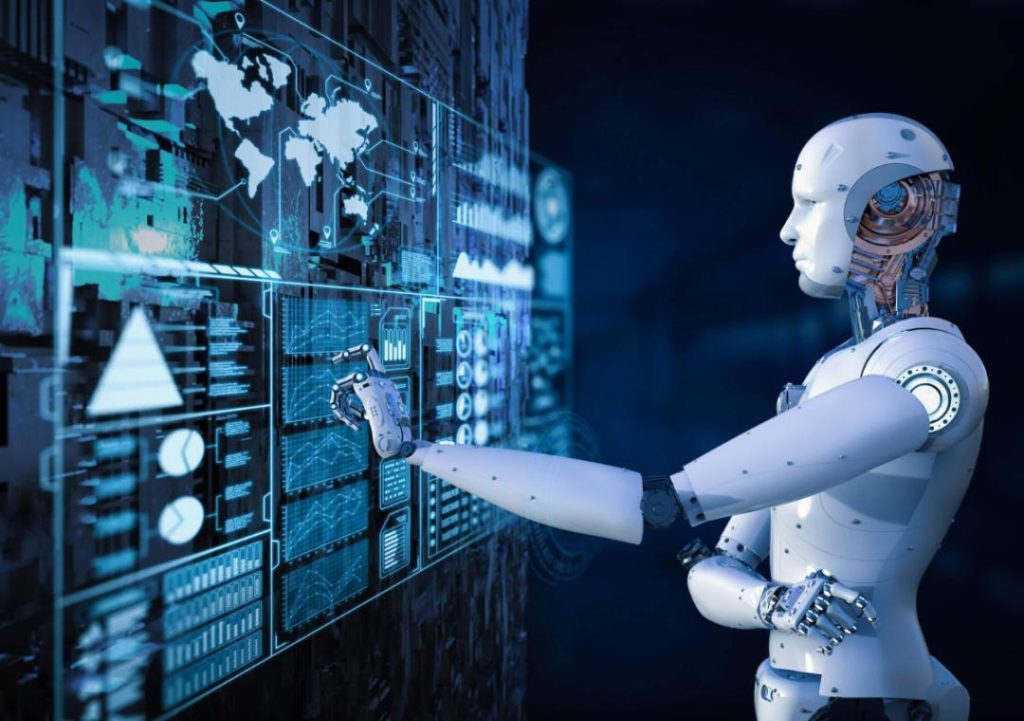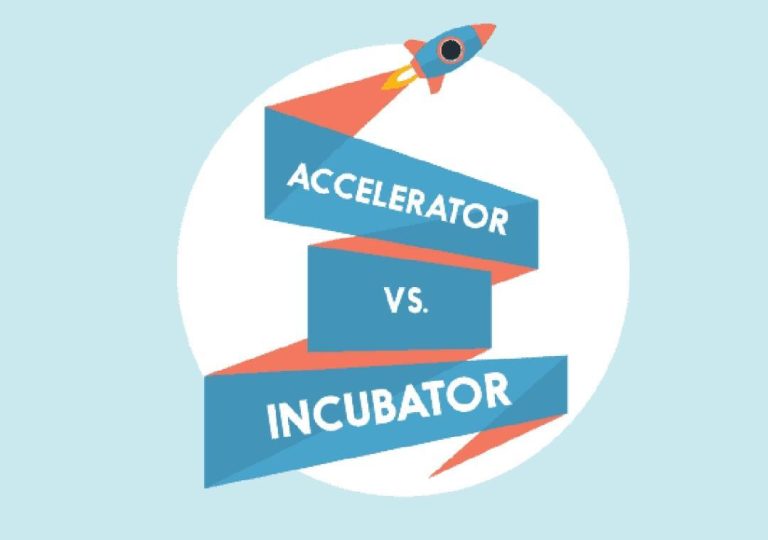
AI & Automation: The Productivity Power Duo
In today’s fast-paced business landscape, companies are constantly seeking ways to optimize their workflows, reduce costs, and increase efficiency. Two technologies that have gained significant attention in recent years are Artificial Intelligence (AI) and Automation. While they may seem like separate entities, when combined, they form a powerful duo that can revolutionize the way businesses operate. In this post, we’ll delve into the world of intelligent automation, exploring how AI and automation come together to transform productivity and reshape efficiency across industries.
The Rise of Intelligent Automation
Automation, in itself, is not a new concept. Robotic Process Automation (RPA) has been around for over a decade, allowing businesses to automate repetitive, mundane tasks by mimicking the actions of a human. RPA bots can perform tasks such as data entry, document processing, and customer service, freeing up human resources to focus on more strategic activities. However, RPA has its limitations, particularly when it comes to complex decision-making and adaptability.
Enter AI, which has been rapidly evolving over the past few years. Machine learning, a subset of AI, enables systems to learn from data and make predictions, classify patterns, and make decisions without human intervention. By combining AI with automation, businesses can create intelligent automation systems that not only perform routine tasks but also analyze data and make informed decisions.
The Power of AI-Powered Automation
Intelligent automation blends the strengths of both AI and RPA, allowing businesses to:
- Automate Routine Tasks: RPA bots can handle mundane tasks such as data entry, document processing, and customer service, freeing up human resources for more strategic activities.
- Analyze Complex Data: AI-powered automation can analyze large datasets, identify patterns, and make predictions, enabling businesses to make data-driven decisions.
- Adapt to New Patterns: Intelligent automation systems can learn from data and adapt to new patterns, allowing businesses to stay ahead of the competition.
- Focus on Strategy: By automating routine tasks and making informed decisions, businesses can free up human resources to focus on strategy, innovation, and growth.
Industry Applications of AI-Powered Automation
Intelligent automation is not limited to any particular industry. Its applications are vast and varied, with benefits that can be seen across:
- Finance: AI-powered automation can streamline financial processes, such as account reconciliation, invoicing, and payment processing, reducing errors and increasing efficiency.
- Healthcare: Intelligent automation can help automate patient data entry, claims processing, and medical record management, freeing up healthcare professionals to focus on patient care.
- Manufacturing: AI-powered automation can optimize production processes, predict maintenance needs, and improve supply chain management, leading to increased efficiency and reduced costs.
- Customer Service: Intelligent automation can provide 24/7 customer support, answer frequently asked questions, and route complex issues to human representatives, improving customer satisfaction and reducing wait times.
Challenges and Opportunities
While intelligent automation holds immense potential, there are also challenges that businesses must address, including:
- Data Quality: AI-powered automation relies on high-quality data to make accurate predictions and decisions. Businesses must ensure that their data is accurate, complete, and up-to-date.
- Change Management: Implementing intelligent automation requires a significant shift in culture and mindset. Businesses must be willing to adapt to new processes and technologies.
- Security: As with any technology, intelligent automation poses security risks. Businesses must ensure that their systems are secure and protected from cyber threats.
Conclusion
In conclusion, AI and automation are two powerful technologies that, when combined, can revolutionize the way businesses operate. Intelligent automation enables businesses to automate routine tasks, analyze complex data, adapt to new patterns, and focus on strategy. As industries continue to evolve, intelligent automation will play a critical role in shaping efficiency and productivity. By embracing this technology, businesses can stay ahead of the competition, reduce costs, and improve customer satisfaction.
Source:
https://www.growthjockey.com/blogs/intelligent-automation






